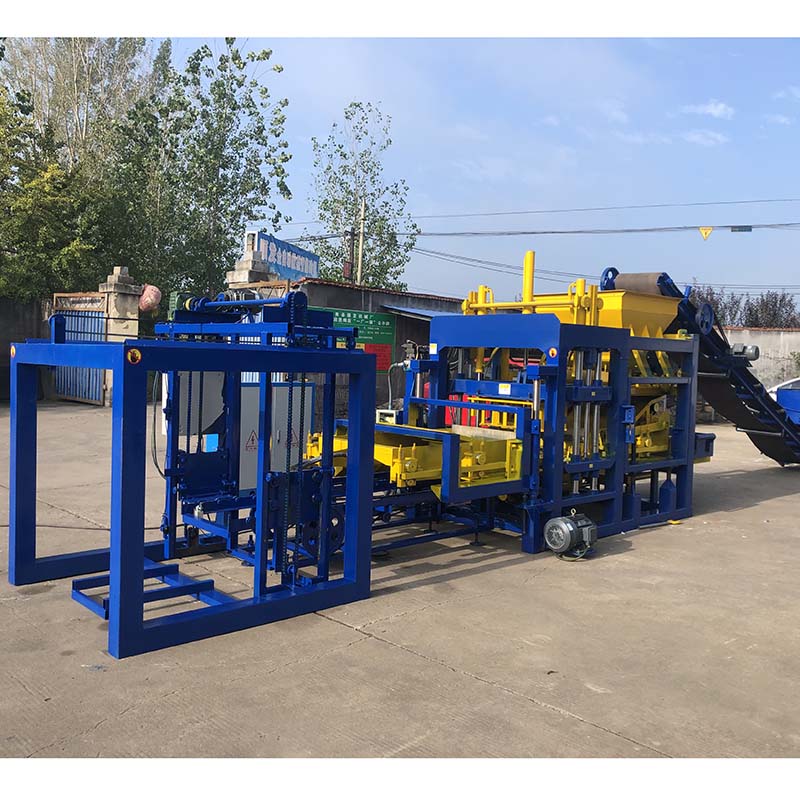
In recent years, blockchain technology has emerged as a revolutionary force that is reshaping various industries around the globe.
Originally created as the underlying technology behind cryptocurrencies like Bitcoin, blockchain has quickly evolved into a versatile and disruptive tool with far-reaching implications.
Its decentralized and secure nature has made it a game-changer for industries seeking transparency, efficiency, and trust.
This essay explores the transformative impact of blockchain technology on four key industries: finance, supply chain management, healthcare, and voting systems.
Blockchain in Finance: Revolutionizing the Future of Transactions
The financial sector has been at the forefront of blockchain adoption, and for good reason.
Traditional financial systems often suffer from inefficiencies, high transaction costs, and a lack of transparency.
Blockchain technology addresses these challenges head-on by providing a decentralized, immutable, and transparent ledger for financial transactions.
One of the most significant applications of blockchain in finance is in the realm of cross-border payments.
Traditional international money transfers can take days and involve multiple intermediaries, resulting in delays and high fees.
Blockchain-based solutions, such as Ripple, have enabled near-instantaneous cross-border transactions at significantly lower costs, benefiting individuals and businesses alike.
Moreover, blockchain’s smart contract capabilities are revolutionizing the concept of programmable money.
Smart contracts are self-executing contracts with the terms of the agreement directly written into lines of code.
This enables automation of complex financial processes, reducing the need for intermediaries and streamlining operations.
Decentralized finance (DeFi) platforms, built on blockchain, are enabling individuals to access a range of financial services, including lending, borrowing, and trading, without relying on traditional banks.
Blockchain in Supply Chain Management: Ensuring Transparency and Efficiency
Supply chain management is another sector that has experienced a blockchain-driven transformation.
In traditional supply chains, tracing the origin and movement of goods can be challenging, leading to issues like counterfeit products, lack of transparency, and difficulties in tracking products’ provenance.
With blockchain, supply chain stakeholders can create an immutable record of each product’s journey from its origin to the end-user.
By scanning QR codes or RFID tags at different stages, participants can update the blockchain, making the entire process transparent and traceable.
This enhanced visibility helps reduce fraud and ensures that consumers can confidently verify the authenticity of products.
Walmart’s partnership with IBM is a notable example of blockchain implementation in supply chain management.
The retail giant uses blockchain to track the source and quality of its food products, enabling swift recalls when necessary and promoting food safety.
Blockchain in Healthcare: Empowering Data Security and Interoperability
The healthcare industry holds vast amounts of sensitive data, from patient records to drug trial results.
Ensuring the security and interoperability of this data is crucial for providing quality care, conducting research, and improving overall health outcomes.
However, traditional healthcare systems often suffer from data silos, lack of interoperability, and concerns about data breaches.
Blockchain technology offers a potential solution to these challenges by creating a decentralized and tamper-resistant platform for sharing and accessing healthcare data securely.
Patients can have greater control over their health information, granting access to specific healthcare providers while keeping the data private from others.
This enhanced privacy and security reduce the risk of data breaches and unauthorized access.
Furthermore, blockchain can facilitate interoperability between different healthcare systems, allowing seamless data exchange between hospitals, clinics, pharmacies, and other stakeholders.
This interoperability can improve the speed and accuracy of diagnoses, reduce medical errors, and enhance overall patient care.
Blockchain in Voting Systems: Strengthening Democratic Processes
The integrity of voting systems is critical to the functioning of any democracy.
Traditional voting methods have faced challenges in ensuring transparency, preventing voter fraud, and maintaining accurate records.
Blockchain technology can play a pivotal role in addressing these issues and enhancing the trustworthiness of voting systems.
By using blockchain for voting, each vote is recorded as a unique transaction on the ledger, making it virtually impossible to tamper with or alter results retroactively.
The decentralized nature of blockchain ensures that no single entity can control or manipulate the voting process, fostering trust and confidence in election outcomes.
Countries like Estonia have already piloted blockchain-based voting systems, demonstrating the technology’s potential to streamline the electoral process, increase voter participation, and reduce administrative costs.
Blockchain technology has emerged as a disruptive force with the potential to transform various industries worldwide.
From finance to supply chain management, healthcare, and voting systems, blockchain’s unique characteristics of decentralization, transparency, and security have paved the way for more efficient and trustworthy processes.
As the technology continues to mature and gain wider adoption, it is essential for industries and policymakers to embrace its potential fully. Emphasizing research, collaboration, and regulation will be critical in harnessing the power of blockchain for positive and lasting impacts on global economies and societies.
Only then can we truly unlock the full potential of the blockchain revolution.
